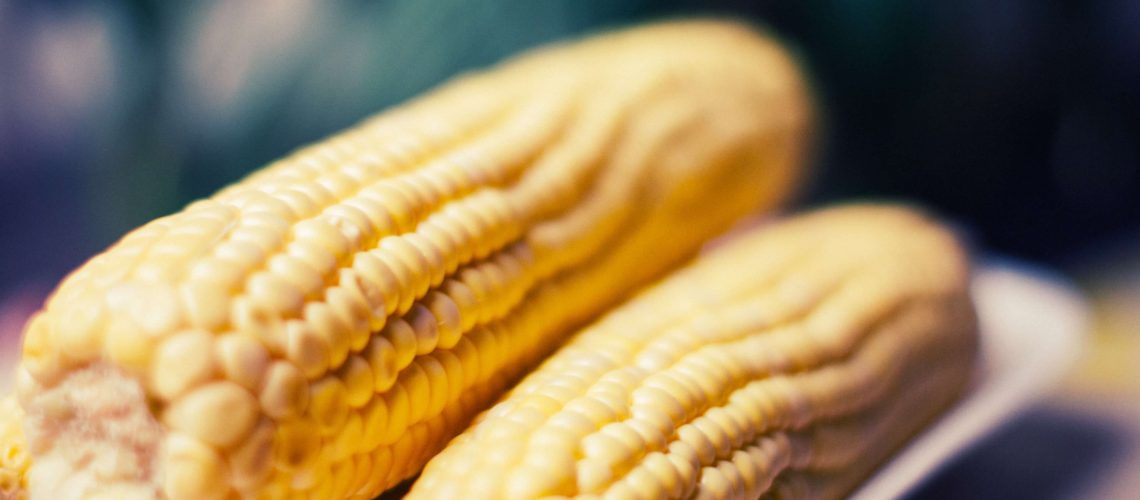Winter is fast approaching us! Not everyone may know but there are foods that one should avoid during the colder climates. Read on to see what they are.
As most know, fresh produce is hard to combine in winter. Even though we still need our nutrients, the fact that some produce comes overseas means that what we eat is less healthy. This is because the more time between harvesting and eating, the fewer nutrients.
The Notorious Eight Winter Food To Avoid
- Bagged Greens: They may be convenient but during the process of extending its shelf life, it zaps the vitamin C! A recent study shows that a bagged Swiss chard lost about 50%. Instead, swap for some sturdy kale. This versatile winter green is packed with bone-building calcium and vitamin K, kale is also rich in iron, potassium, and vitamin A.
- Asparagus: As a spring produce, asparagus is shipped from Peru and China in the winter. The best type of asparagus is when the spears are firm and tasty. While the imported goods are limp and woody in comparison. During winter, you can substitute this for Brussel sprouts. This winter veggie is in the cancer-fighting cruciferous family! Also, one cup also has 100% of your recommended daily intake of immune-boosting vitamin C and bone-building vitamin K.
- Peaches: Prime in summer, peaches are imported from South America if you find them in store in winter. We suggest swapping to persimmons for a similar sweet taste! They also are loaded with antioxidant vitamins A and C, potassium, and 6 grams of filling fibre!
- Fresh peas: Being a spring produce, the wintery products can end up more starchy than sweet. Swap to Frozen shelled edamame! The have a nutty taste along with a whopping 10 grams of protein and 6 grams of fibre per half cup.
- Corn on the cob: The same sweet summer corn can’t be had in winter. Anything you see in store is from Mexico. We suggest going for the frozen corn kernels instead. It is a healthy alternative to fresh and may even be better than some fresh products consumed past their ideal period of freshness.
- Strawberries: This delicious sweet fruit loses its colour in winter. And the brighter it is, the higher the phytonutrient content. The vitamin C is also lost in transit and storage. Like frozen corn kernels, frozen berries are flash-frozen and packed at the peak of freshness, locking in taste and vitamin C.
- Tomatoes: This late summer produce becomes mushy and mealy in winter. Using canned or jarred tomatoes is good substitute. Lycopene, the cancer-fighting antioxidant responsible for tomatoes’ red hue, is actually better absorbed by the body when you eat canned and jarred tomatoes.
- Blueberries: The long trip blueberries travel to our stores in winter degrades vitamin C and could also mean mouldy berries. Frozen blueberries are just as healthy as fresh and provides even more disease-fighting antioxidants.
If you would like more information on this topic or get the source URL for this article, then email us at [email protected]
